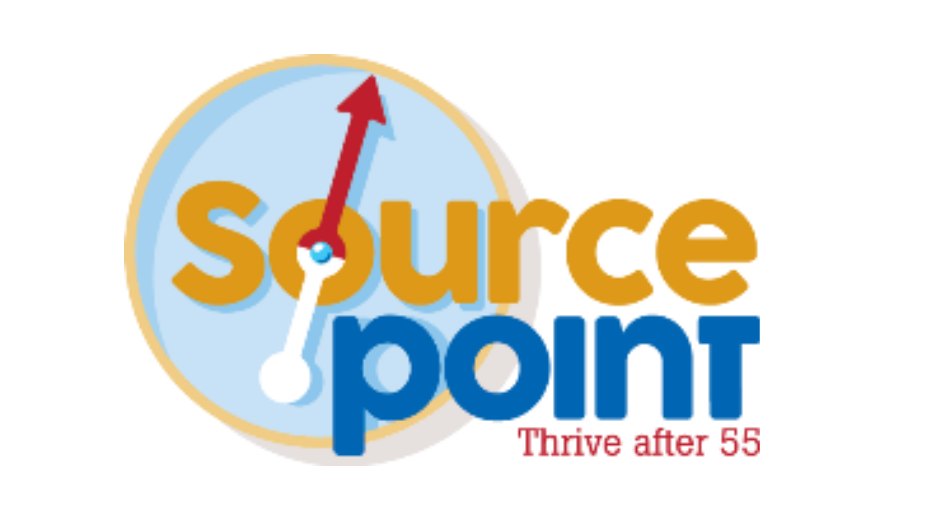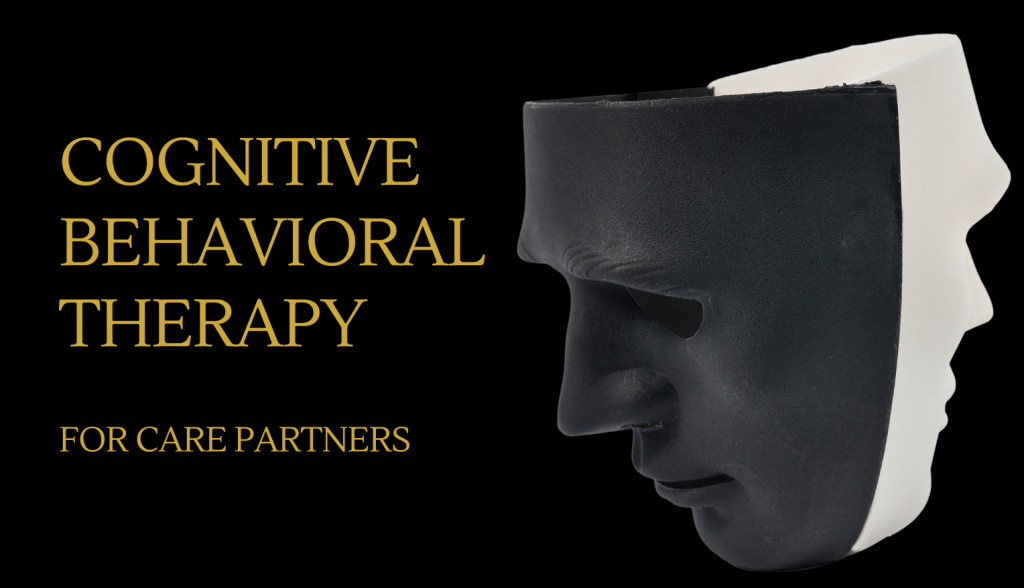By Brian Fox, SourcePoint Caregiver Program Coordinator
When I was in middle school, I joined the wrestling team and got pinned every week. It just wasn’t my thing, and that’s okay, but I wouldn’t have really known that unless I tried out and learned from the experience. Still, despite losing every match, my parents reinforced that the commitment I made to my team needed to be kept until the end of the season. I didn’t know it at the time, but it was one of those life lessons in integrity I’m thankful to look back on and it’s the reason why—as an adult now—I will quit anything the minute it becomes difficult or boring.
It’s honestly a huge flaw of mine but at the same time though… is it? (Yes, dear reader. Yes, it is).
The idea of turning weakness into strength is such a compelling idea for me, personally. See, as I’ve gotten older, I’ve noticed I’m getting better at the things I’m already good at but I’m markedly worse at things I was already bad at. I suppose this is a natural byproduct of a system that compels young people to select their college majors or vocational training “the earlier the better” but what if there was a way to take those attributes in which we specialize and apply them to our areas of struggle?
Enter Cognitive Behavioral Therapy or CBT. Lauded by mental health professionals and the psychology community as a form of treatment with the power to combat depression, anxiety, substance abuse, help with nicotine cessation, marital issues, eating disorders, and severe mental health or cognitive dysfunction.
CBT is different from other psychological treatments in the sense that it goes by the following premise.
- Psychological problems are based, in part, on faulty or unhelpful ways of thinking.
- Psychological problems are based, in part, on learned patterns of unhelpful behavior.
- People suffering from psychological problems can learn better ways of coping with them, thereby relieving their symptoms and becoming more effective in their lives.
To put it in layman’s terms, CBT is kind of like the opposite of “going cold turkey” since it seeks to modify your approach to a certain behavior or thought pattern or “going with the grain.”
Because CBT can work in conjunction with psychiatric medications or as a standalone treatment depending on the individual, more and more therapists and counselors are beginning to incorporate it into their practices, and some are making it their specialization — already having enough supporting evidence to its effectiveness despite it being a relatively recent finding. Many healthcare and insurance databases that allow new patients to search for appropriate providers now include ‘cognitive behavioral therapy’ in their list of searchable criteria, even!
Research has shown that CBT can be especially helpful for caregivers as well as their care receivers (even those with memory concerns who have yet to progress past a certain stage, at least). People with Alzheimer’s and dementia are at increased risk for both depression and anxiety, which just feed off of one another in a tragic loop. CBT may be able to help them redirect and recenter.
If you or a loved one could benefit from seeing a professional trained in CBT or any other treatment method(s), you absolutely deserve to give it a try. If there are factors limiting your ability to seek help though, a lot of CBT’s principles can be self-guided. Truthfully, many lifestyle columnists and leaders have been employing elements of CBT whether many of them know it or not. Basically, any method that seeks to reframe behavior and how we associate reward/consequence with our thoughts/actions has roots in CBT — skills that I’m sure have served many of you well in the past.
If you’d like to check out more of my thoughts on social-emotional growth as we age, spend five or so minutes giving these a read as well:

Support groups, free classes and workshops, and one-on-one consultations are available for family caregivers of any age who live in Delaware County and those caring for a loved one who lives in the county. To learn more visit MySourcePoint.org/caregiver. Or schedule a private discussion with Caregiver Program Coordinator, Brian Fox. Brian can be reached by e-mail at bfox@MySourcePoint.org or by phone at 740-203-2399.


